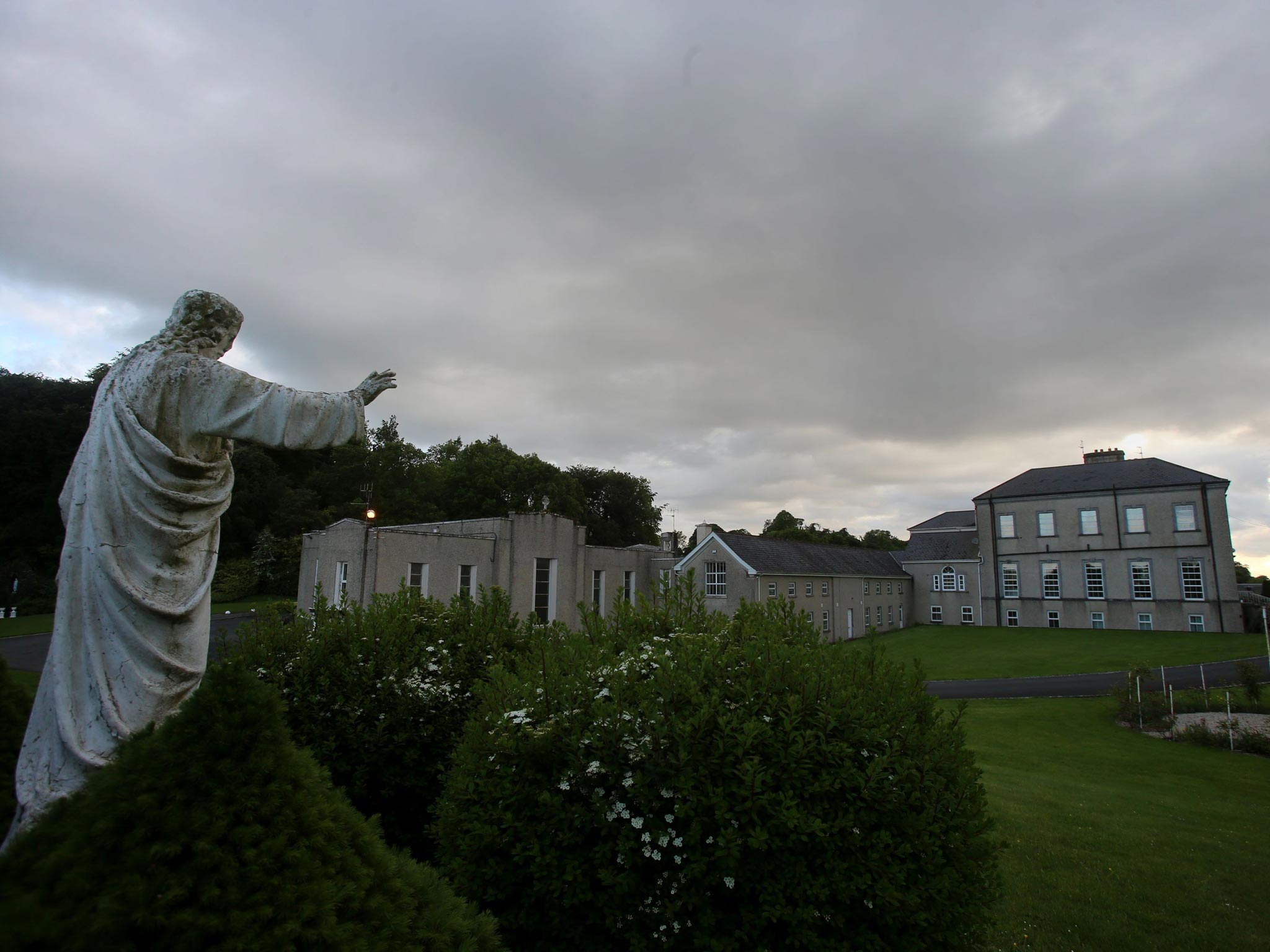Ireland mass graves: Government to launch inquiry into homes for unmarried mothers
The announcement comes after a historian discovered records showing that almost 800 children were buried in a septic tank at an institution near Galway

Your support helps us to tell the story
From reproductive rights to climate change to Big Tech, The Independent is on the ground when the story is developing. Whether it's investigating the financials of Elon Musk's pro-Trump PAC or producing our latest documentary, 'The A Word', which shines a light on the American women fighting for reproductive rights, we know how important it is to parse out the facts from the messaging.
At such a critical moment in US history, we need reporters on the ground. Your donation allows us to keep sending journalists to speak to both sides of the story.
The Independent is trusted by Americans across the entire political spectrum. And unlike many other quality news outlets, we choose not to lock Americans out of our reporting and analysis with paywalls. We believe quality journalism should be available to everyone, paid for by those who can afford it.
Your support makes all the difference.The Irish government is to launch an investigation into the treatment of children at homes for unmarried mothers run by members of the Catholic Church, Prime Minister Enda Kenny confirmed on Tuesday.
Mr Kenny’s announcement, in which he called the homes an “abomination”, came a day after the Archbishop of Dublin called for a full public inquiry into so-called “mother and baby homes” which operated in Ireland in the early twentieth century.
Pressure on Dublin increased in early June after it was revealed that almost 800 children were buried in an unmarked septic tank at an institution in Tuam, near Galway.
“It is not an exaggeration to say the treatment of the women and their babies was an abomination,” Prime Minister Enda Kenny said.
“If this issue isn't handled properly, then Ireland's soul in many ways will lie like the babies of so many of these mothers in an unmarked grave," he added.
While the terms of the inquiry have not yet been established, Minister for Children Charlie Flanagan told reporters that he hoped church records would be sought to investigate high mortality rates, burial practices, forced adoptions, and medical testing on children at the homes.
He added that the government will grant the commission full statutory powers to investigate Church-run establishments throughout the country.
“I am delighted that (the church) have indicated their willingness to cooperate with the process...so we can establish once and for all the facts of what went on during what was a very dark period of Irish history,” he told state broadcaster RTE.
Children born out of wedlock were often housed in one of 10 "mother and baby" homes between the 1920s and 1960s, at a time when the Roman Catholic Church dominated the provision of social services in Ireland.
Many unwed Irish mothers were compelled to give up their babies to secret adoptions, until a series of sex abuse scandals in the 1980s saw the Church's power in the country wane.
Government records show that from the 1930s to 1950s, the mortality rate for children born out of wedlock in Ireland was often more than five times that of children born to married parents.
Support groups for the survivors of the homes welcomed the news. “Certainly on the face of it, it is looking good,” said Susan Lohan, director of the Adoption Rights Alliance, which has been calling for a similar inquiry for decades.
“The timeliness and the scope are the most important things here. We mustn't allow it to be dragged out.”
Additional reporting by Reuters
Join our commenting forum
Join thought-provoking conversations, follow other Independent readers and see their replies
Comments